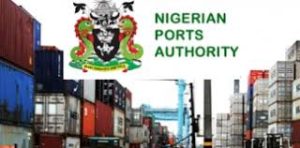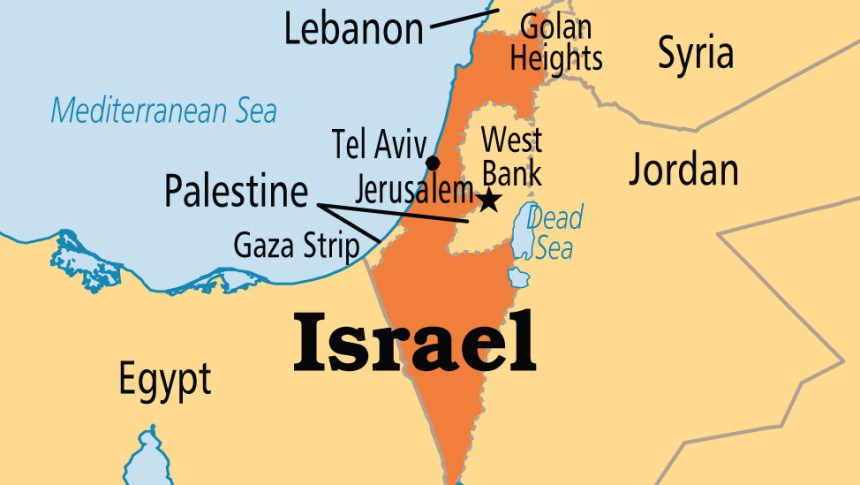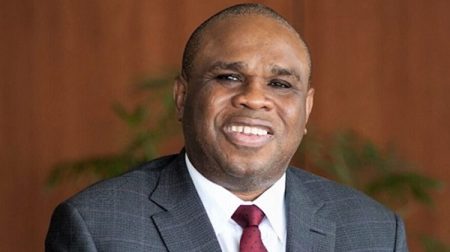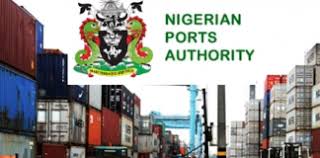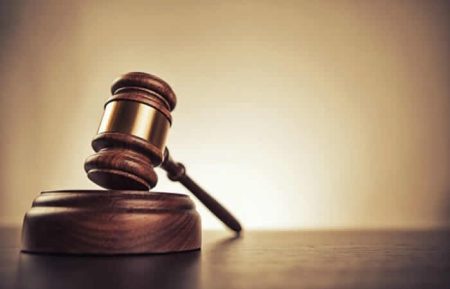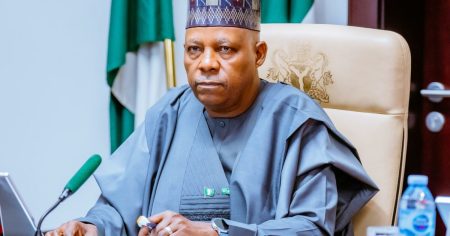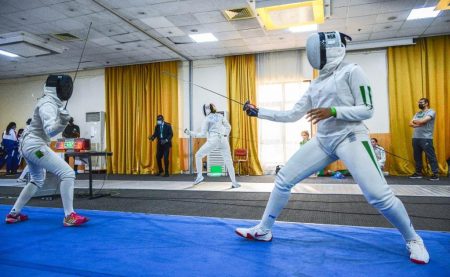The recent twelve-day conflict between Israel and Iran has reignited global concerns about Iran’s nuclear ambitions and the efficacy of international efforts to prevent its nuclear weapon development. Israel initiated the conflict with a bombing campaign targeting Iranian nuclear and military sites, claiming it acted preemptively to thwart an imminent threat posed by Iran’s alleged pursuit of nuclear weapons. The United States joined the offensive, further escalating the conflict with strikes on key Iranian facilities. While both Israel and Iran declared victory following the ceasefire, the actual impact of the strikes on Iran’s nuclear program remains a subject of debate and uncertainty, further complicated by Iran’s refusal to allow international inspections.
Israel’s Foreign Minister Gideon Saar, in the aftermath of the conflict, emphasized the global responsibility to prevent Iran, characterized as an extremist regime, from acquiring nuclear weapons. Saar asserted that Israel’s actions were necessary and timely, taken at the “last possible moment” to avert a grave danger to itself, the region, and the international community. He called for robust international action to curb Iran’s nuclear ambitions, advocating the use of “any effective means” to achieve this objective. This call to action underscores Israel’s consistent position on the Iranian nuclear issue and reflects a growing sense of urgency in addressing the perceived threat.
The conflicting narratives presented by Israel and Iran further complicate the already tense situation. While Israel claims to have significantly set back Iran’s nuclear program, potentially by decades, Iran maintains that its nuclear program is peaceful and denies any intention of developing nuclear weapons. This discrepancy in accounts highlights the challenges in assessing the true impact of the conflict and the need for independent verification. Iran’s refusal to cooperate with the UN nuclear watchdog, the International Atomic Energy Agency (IAEA), by denying access to its facilities, further fuels suspicion and hinders international efforts to monitor its nuclear activities.
Iran’s rejection of IAEA inspections, coupled with its parliament’s decision to suspend cooperation with the agency, adds another layer of complexity to the issue. Iran’s Foreign Minister Abbas Araghchi justified the rejection, citing “malign intent” on the part of the IAEA, while Gideon Saar accused Iran of misleading the international community and actively obstructing oversight of its nuclear program. This refusal to cooperate undermines international efforts to ensure transparency and accountability, raising serious questions about Iran’s commitment to non-proliferation.
The conflict’s impact extends beyond the immediate military exchanges. It has further strained already tense relations between Israel and Iran, increased regional instability, and intensified international concern about the potential for nuclear proliferation in the Middle East. The international community is now grappling with the challenge of finding effective ways to prevent further escalation and to address the underlying issues driving the conflict. This includes renewed efforts to revive the stalled nuclear agreement with Iran, the Joint Comprehensive Plan of Action (JCPOA), which was designed to limit Iran’s nuclear program in exchange for sanctions relief.
Moving forward, several key questions remain. What is the true extent of the damage to Iran’s nuclear program? Will Iran reconsider its refusal to cooperate with the IAEA and allow international inspections? And what steps will the international community take to prevent further escalation and ensure the long-term stability of the region? The answers to these questions will be crucial in determining the future trajectory of the Iranian nuclear issue and the prospects for peace and security in the Middle East. The international community must work collaboratively to find diplomatic solutions that address the legitimate concerns of all parties and prevent the further proliferation of nuclear weapons.




